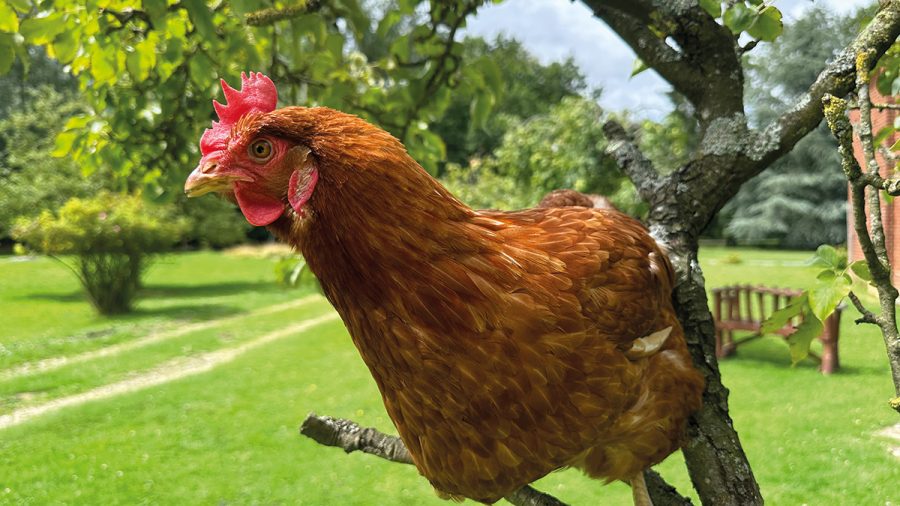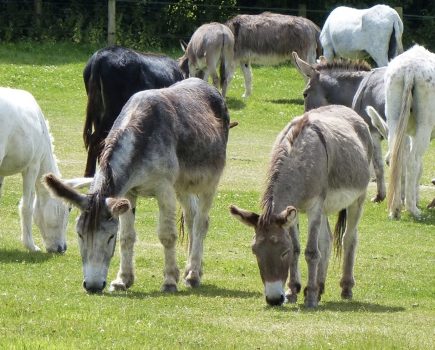With British Summertime underway, the British Hen Welfare Trust reveals its top tips to ensure your chickens stay cool in hot and dry conditions.
While hens are good at masking signs of distress, there are ways to spot if hot weather is causing them discomfort. These include:
- General lethargy
- Reduced appetite
- Pale comb and wattles
- Panting (odd as it sounds, hens, like dogs, will pant if they’re too hot)
It’s important to note that most of these symptoms could be caused by other health issues, so always be aware of what’s normal for your hens and seek veterinary advice if you have any concerns.
HOW TO KEEP YOUR CHOOKS COOL
Here are our top tips for taking care of hens in hot weather:
- Refreshing water Hens enjoy a cold drink of water when the weather’s hot, so pop a few ice cubes in their drinker in the morning to keep it cool a little longer. Place the water in the shade and check it regularly, refreshing it a few times a day if you’re able to.
- Cool in the shade As much as hens love to sunbathe with their wings outstretched, they also need to be able to cool down, especially in the midday sun. Provide plenty of shade, be that a spot under a raised hen house, the canopy of trees and bushes or a purpose-built undercover area. Temporary shade can be as easy as a parasol or a blanket thrown over some chairs.
- Dust bathing Chickens like to ‘clean’ themselves by having a dust bath – such a wonderful sight to see. Avoid them turning over your flowerbeds by providing a ready-made dust bath; fill a litter tray or similar container with dry dirt/sand and look on as they get stuck in!
- Summer breeze We all know how hard it is to sleep on a warm night, so make sure the hen house doesn’t get too stuffy. Add extra ventilation by securing sturdy mesh over the pop hole instead of closing it to allow a cool breeze to circulate whilst warding off predators.
- Say no to summer pests Red mite is an inevitable part of warmer weather, but some simple measures can stop them getting out of control. Routine cleaning, using diatomaceous earth, encouraging dust bathing and quarantining new hens will all help. Visit bhwt.org.uk for further information.
This article extract was taken from Practical Poultry in the July 2024 edition of The Country Smallholder. To read the article in full, you can buy the issue here.
To receive regular copies of The Country Smallholder magazine featuring more articles like this, subscribe here.
For FREE updates from the world of smallholding, sign up for The Country Smallholder newsletter here.








